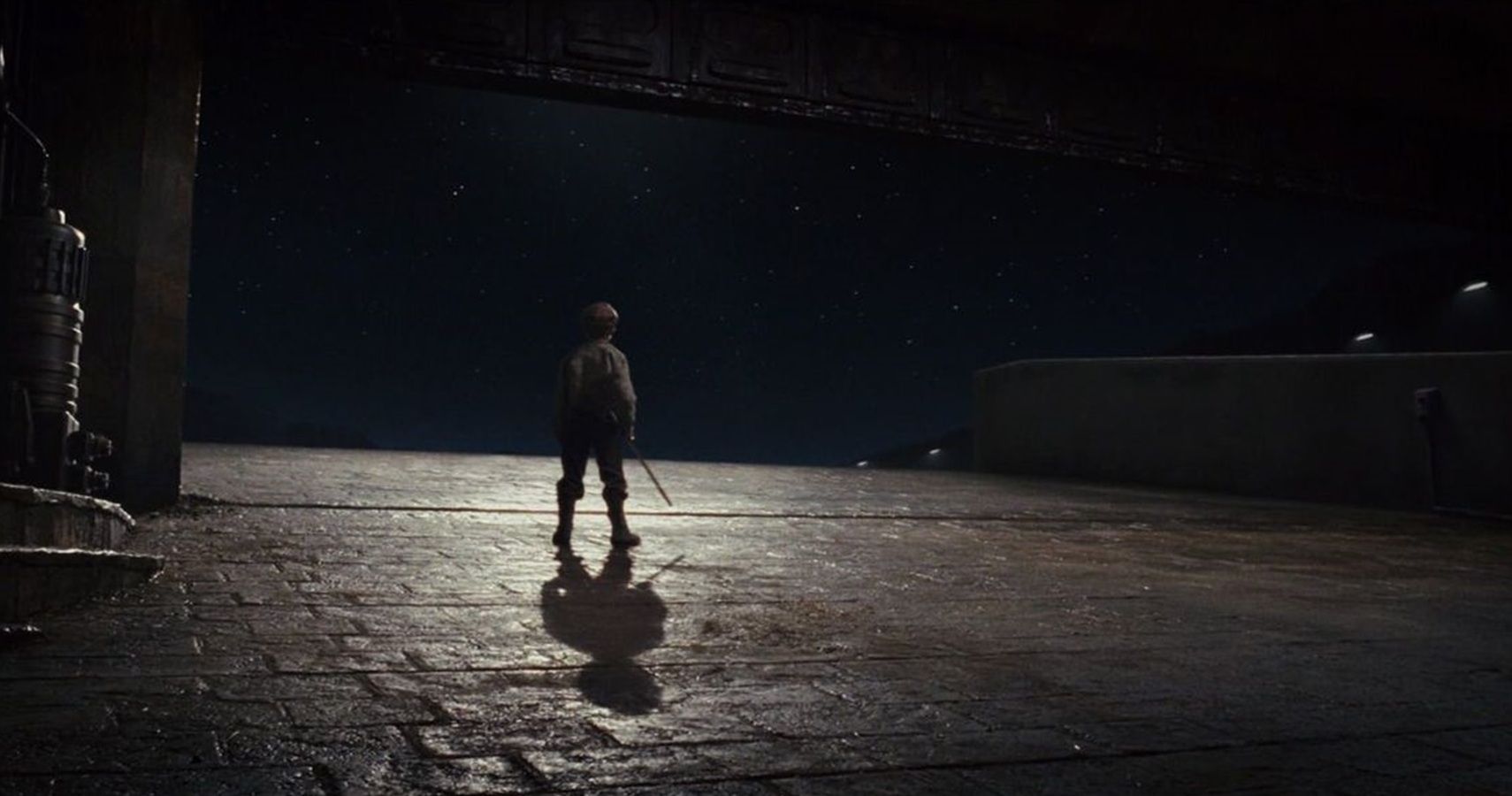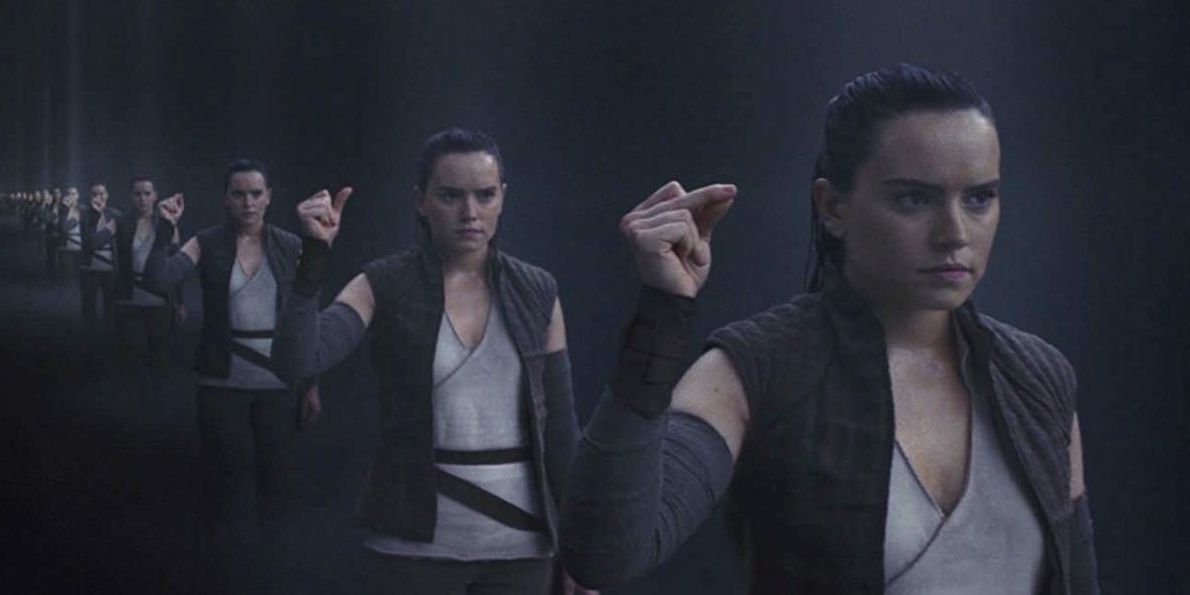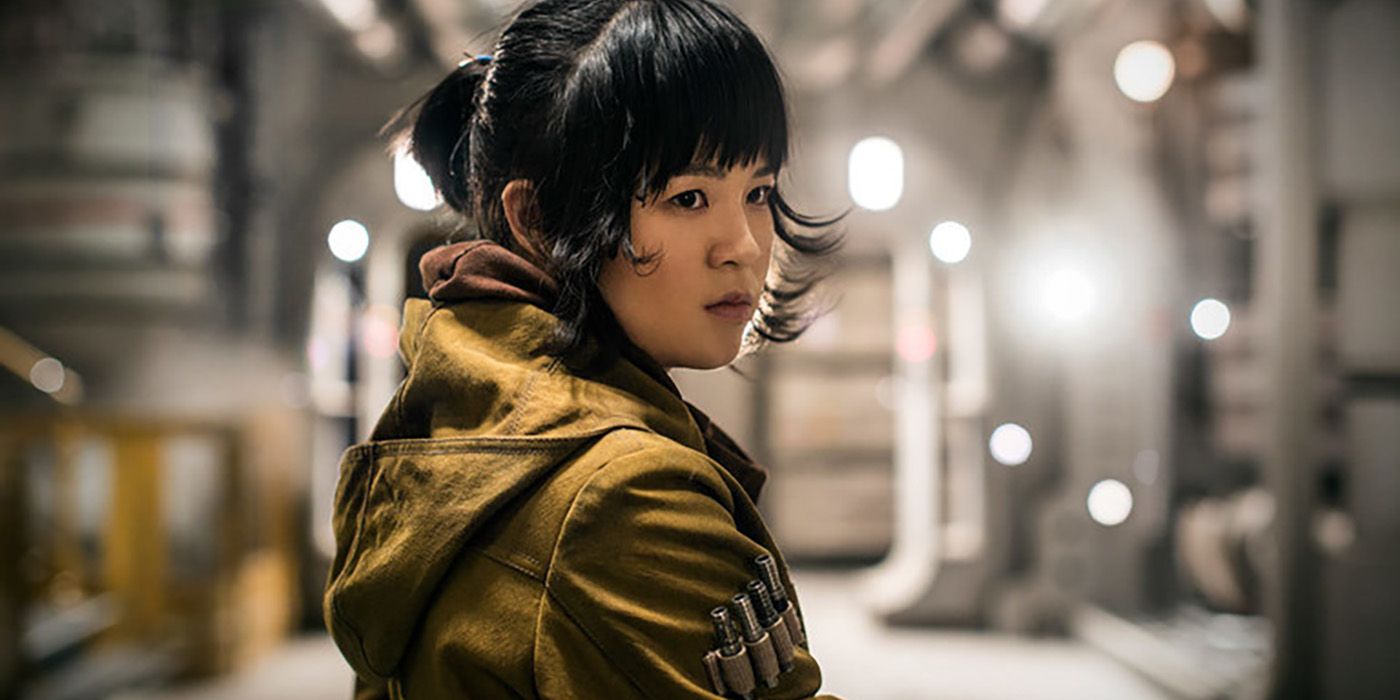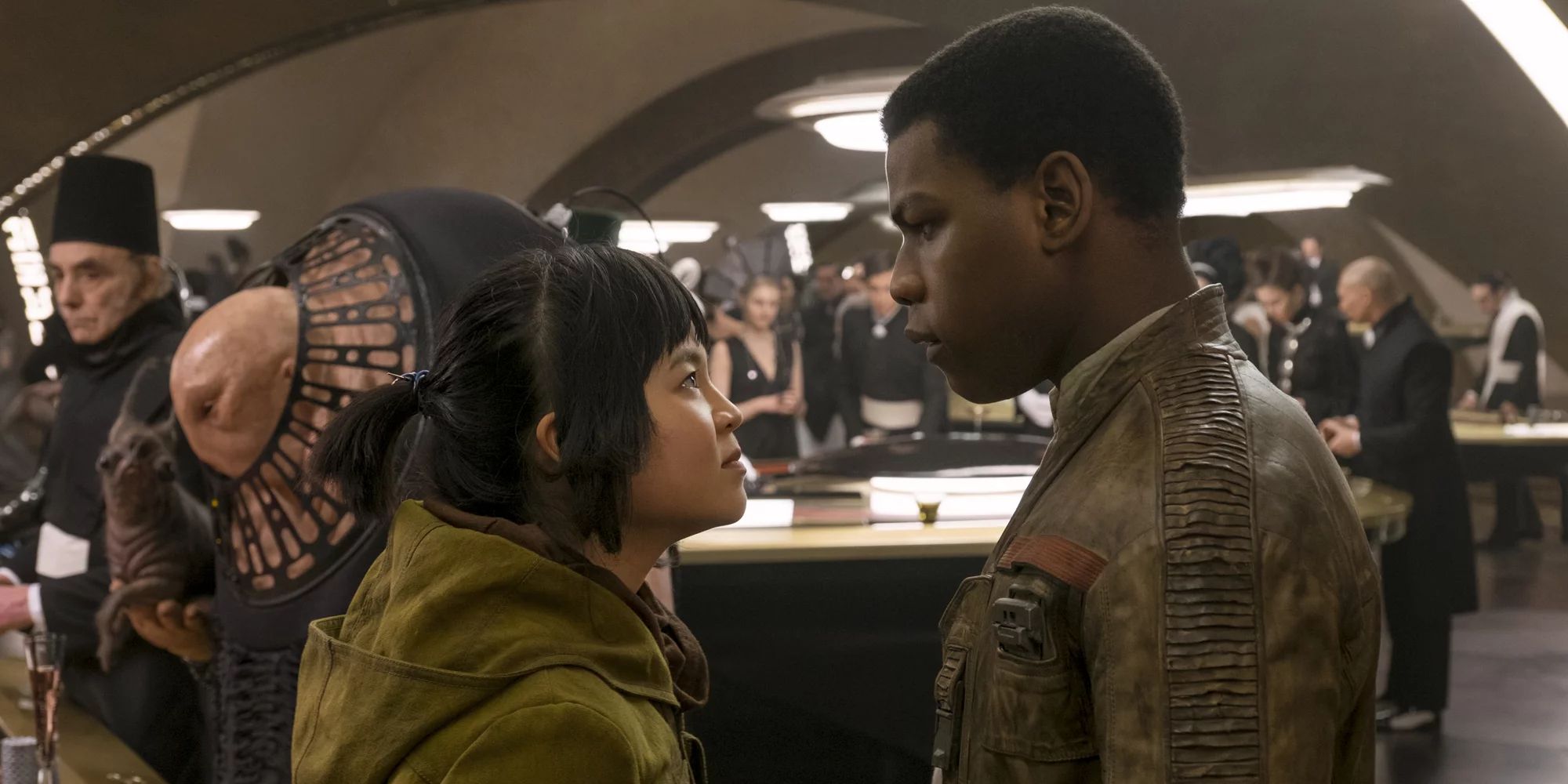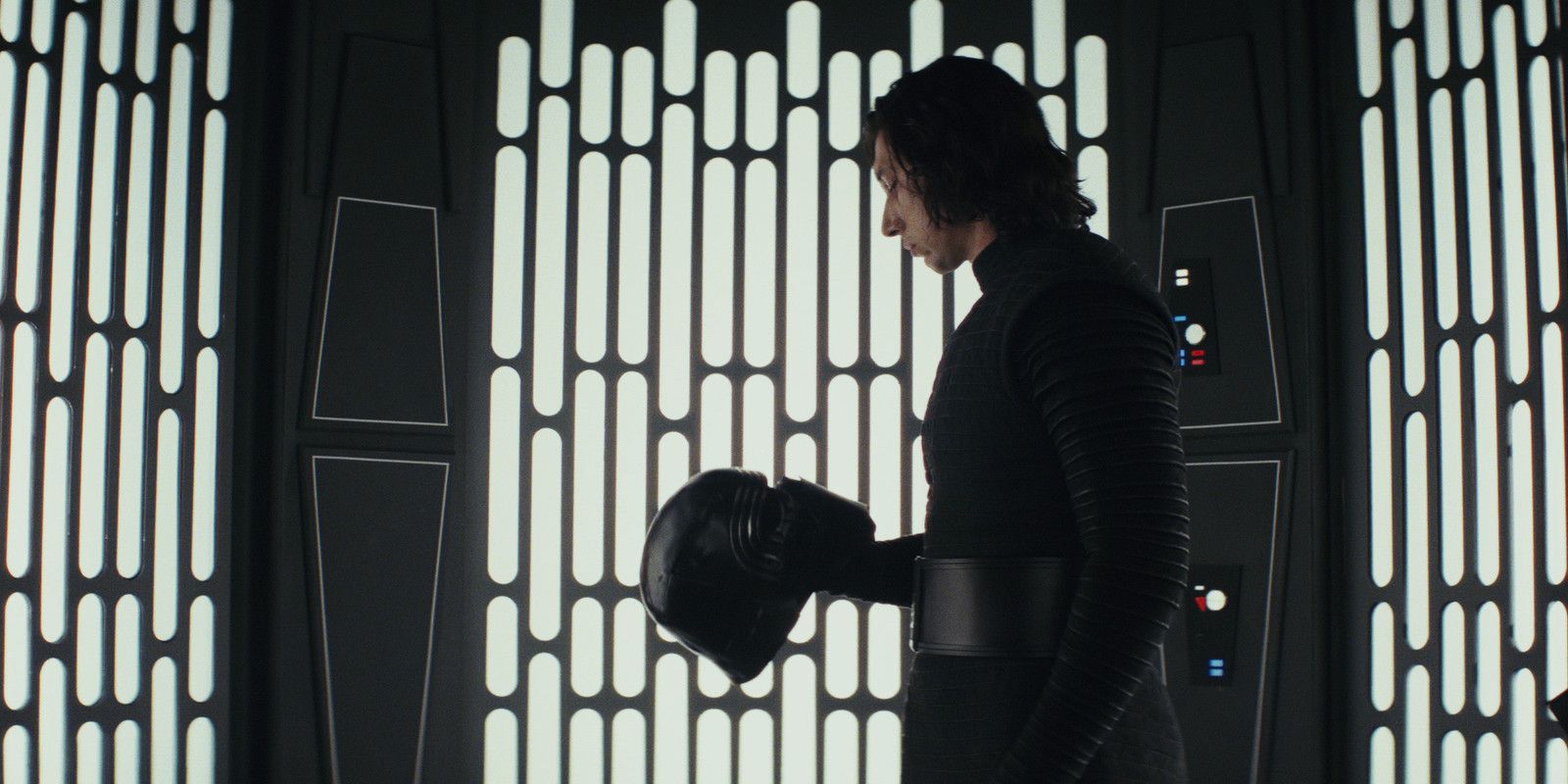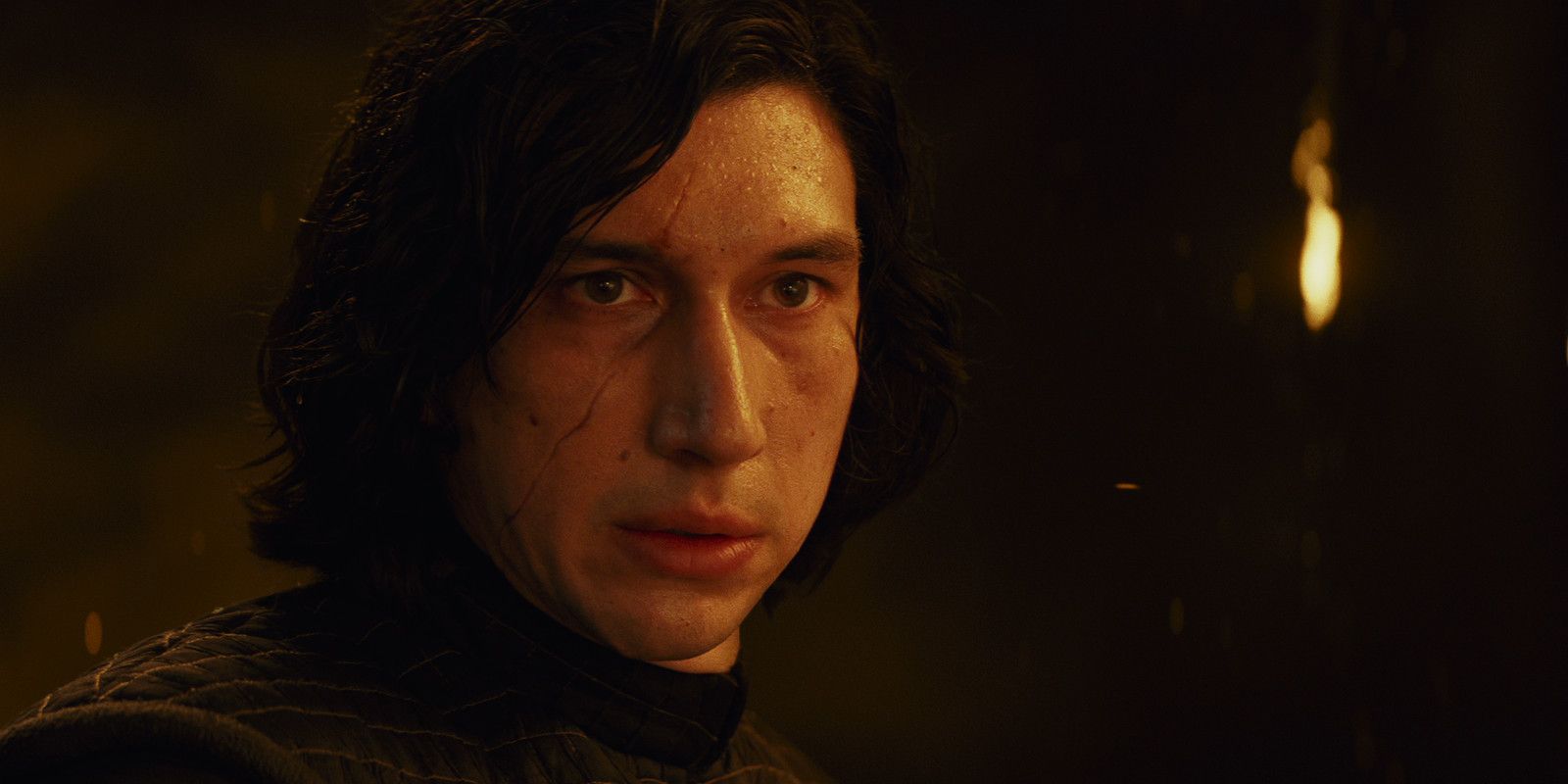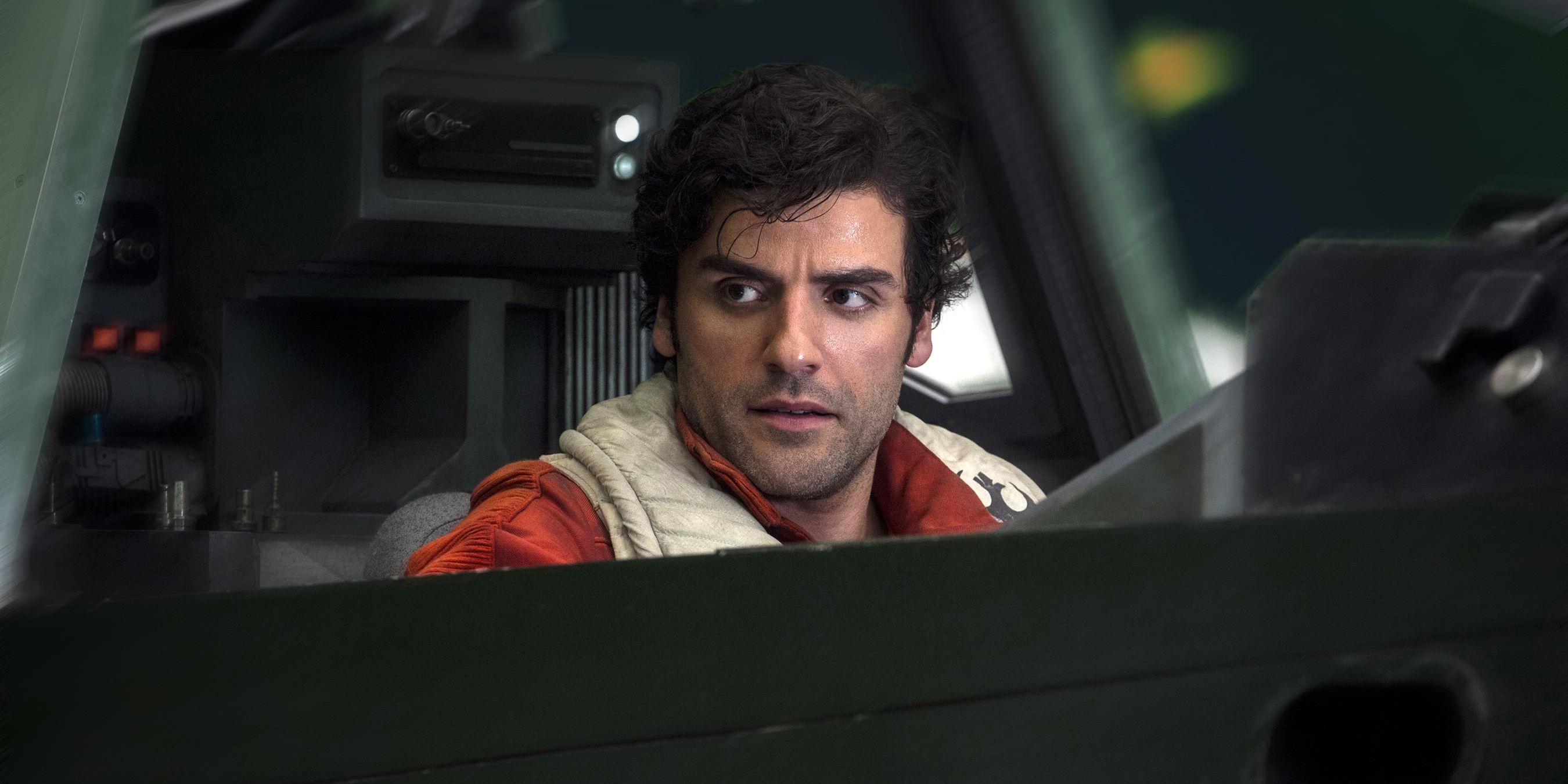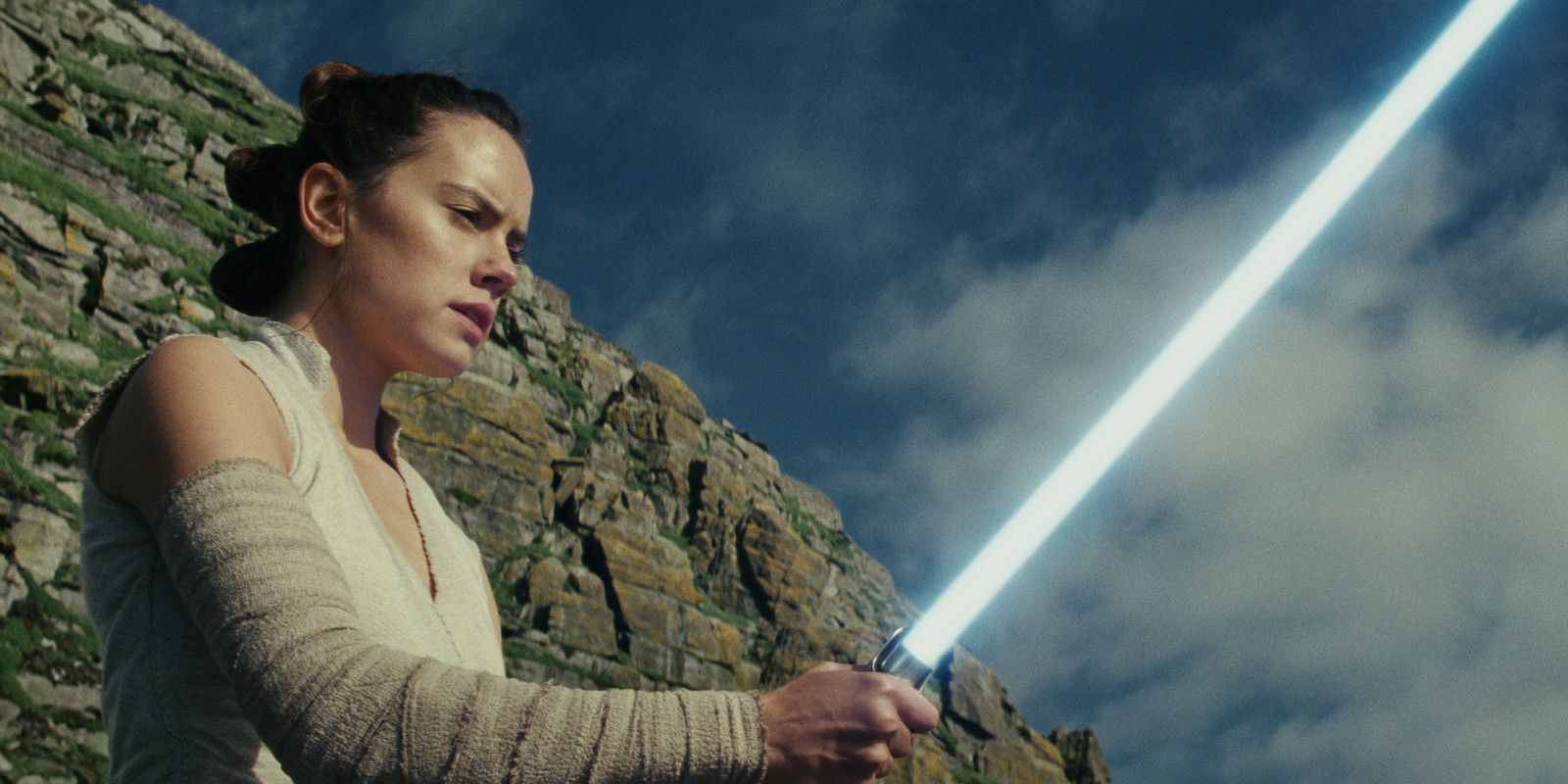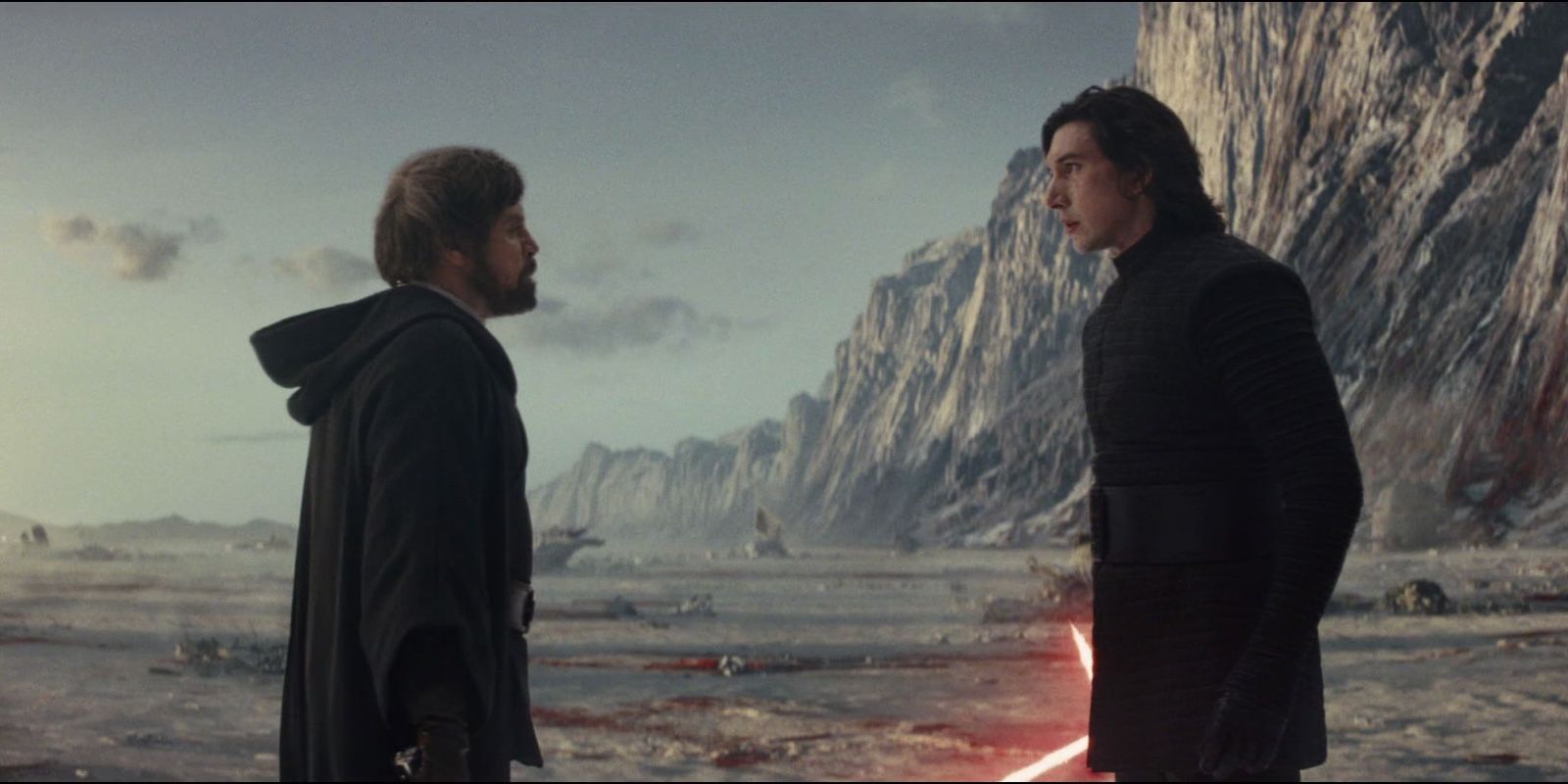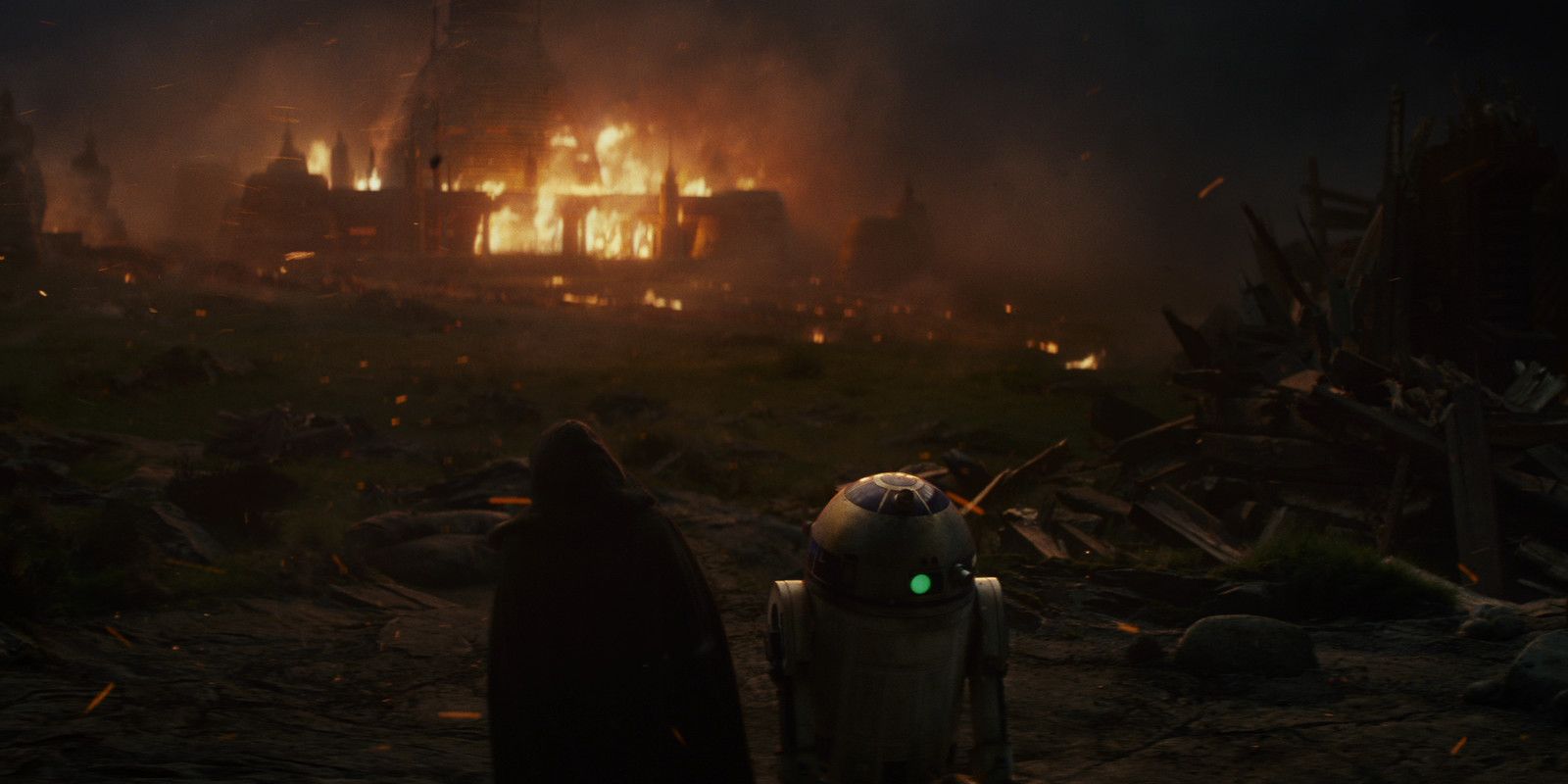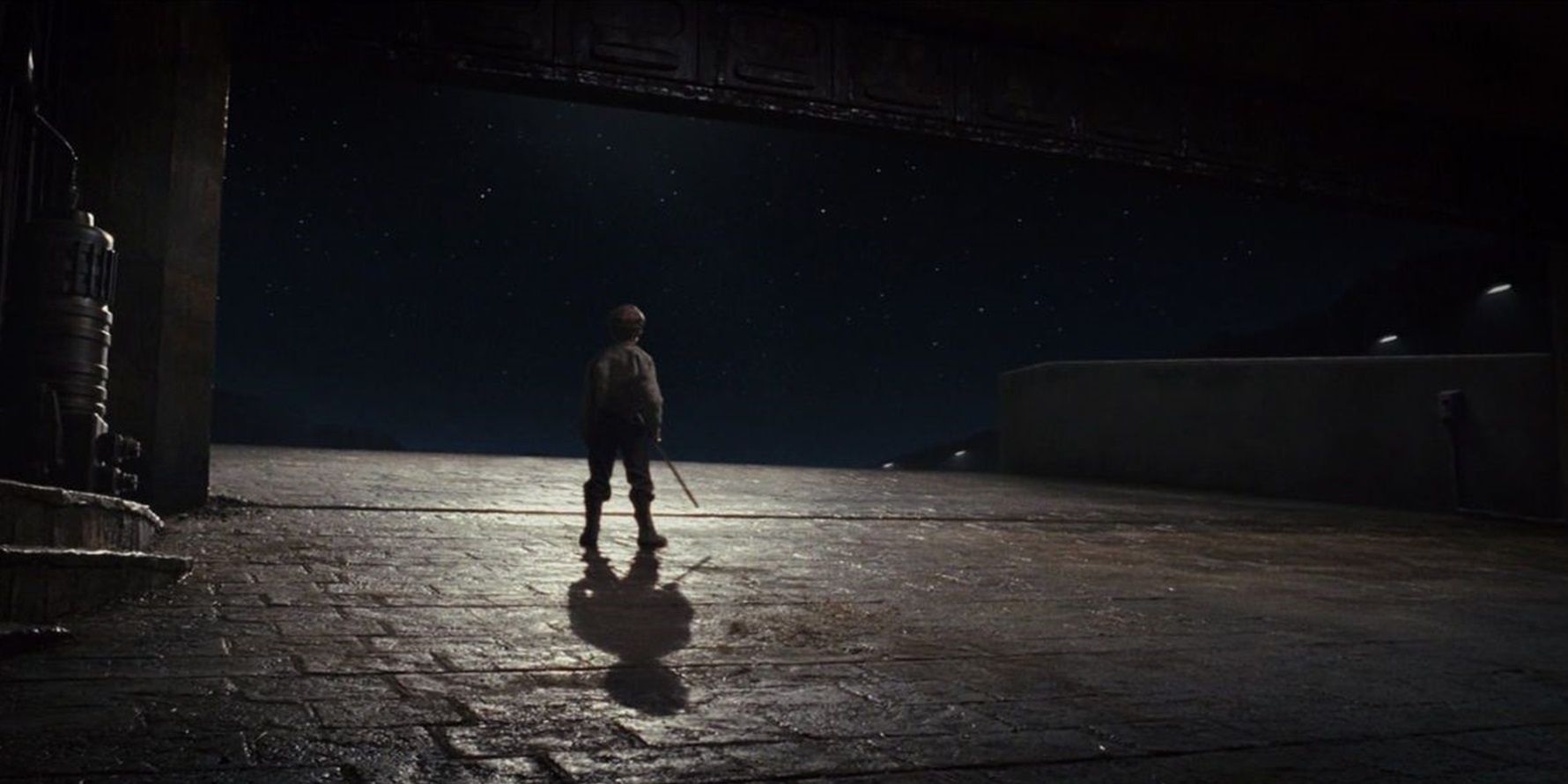After Rian Johnson did his best (with very mixed results) to turn J.J. Abrams’ “mystery box” storytelling from The Force Awakens into a congruous narrative thread in The Last Jedi, Abrams paid him back by disregarding and contradicting most of the developments that Johnson made. Abrams’ sequel trilogy capper, The Rise of Skywalker, has been controversial among Star Wars fans for a number of reasons, much like its two predecessors.
But one of the most irritating things about the sequel trilogy is that it doesn’t actually hold together as a trilogy. Here are 10 plot points from The Last Jedi that Abrams ignored in The Rise of Skywalker.
Rey’s Parentage
After J.J. Abrams’ The Force Awakens sparked an unnecessary debate among Star Wars fans over Rey’s parentage, Rian Johnson was expected to provide answers in The Last Jedi. Through Kylo Ren, he revealed that Rey’s parents were simply nobodies.
It might not have been as fun as revealing her to be Obi-Wan’s niece or something, but it stuck to Johnson’s ongoing thesis that anyone in this galaxy far, far away can be a powerful, Force-sensitive Jedi. However, fans weren’t happy with Rey’s parents being nobodies, and Abrams retconned her to be Palpatine’s granddaughter.
Rose Tico Being An Actual Character
When he was asked which of Rian Johnson’s creative decisions he was most grateful for, J.J. Abrams named the casting of Kelly Marie Tran as Rose Tico. So, it’s strange that he did next to nothing with Rose in The Rise of Skywalker.
Tran laughed out loud when an interviewer asked her about Rose’s arc, because Rose didn’t have an arc. She got off to a promising start in The Last Jedi as an audience surrogate — a sort of everywoman figure embedded in the Resistance — but she barely even showed her face in The Rise of Skywalker.
Finn And Rose’s Budding Romance
In addition to not giving Rose anything to do on her own, Abrams also neglected to develop her burgeoning romance with Finn, which took up a big chunk of The Last Jedi. At the end of Johnson’s movie, Rose stopped Finn from completing a suicide mission that would buy the Resistance some time to escape Crait, but also kill him. Then, they kissed.
This opened up plenty of opportunities for where The Rise of Skywalker could take their relationship, but Abrams instead relegated Finn to yelling Rey’s name and demoted Rose to a background extra.
Kylo Ren Destroying His Mask
In The Force Awakens, Ben Solo hid his vulnerability under his mask. In The Last Jedi, he became the Supreme Leader after killing Snoke, which gave him to confidence to destroy his mask and present himself to the world. By the time The Rise of Skywalker begins, however, he’s put his mask back together and begun hiding behind it again.
Letting The Past Die
There have been fervent arguments about whether or not The Last Jedi is actually about letting the past die, since that sentiment is expressed by the bad guy. But Yoda sums up the movie’s theme pretty well when he tells Luke that he has to be able to let the past go without destroying it.
However, none of this thematic discussion made it into The Rise of Skywalker, a movie that relied on fans’ nostalgia for the past as shamelessly as the first time J.J. Abrams tried to make a Star Wars movie.
Poe Learning To Be A Leader
Throughout The Last Jedi, Poe butted heads with Holdo before realizing she had a plan to save everybody with a suicide mission — okay, she could’ve just told everyone her plan instead of making them think they were going to die, but that’s the decision she made — and it made him learn how to be a competent leader.
In The Rise of Skywalker, all that stuff is thrown out the window in favor of filling in a backstory involving a love interest and a history as a spice runner. It was a sharp left turn in Poe’s arc that didn’t line up with his previous developments.
Rey Accepting Who She Is
Throughout The Last Jedi, as Rey tried to figure out who her parents were to have some people to attach her identity to, she came to accept herself for herself. She was content to just be “Rey.”
Then, there was a weird thread running throughout The Rise of Skywalker where passers-by inorganically asked Rey about her surname out of the blue, and she didn’t have an answer. At the end, she adopted the name “Rey Skywalker” in a scene that’s proven to be as meme-able as most of the scenes from the prequels.
Making Kylo Ren Irredeemable
Simply by the fact that he was another masked villain with an evil empire and a connection to the Skywalker bloodline, Kylo Ren was always earmarked for a redemption arc. His make-or-break moment came in The Force Awakens when he killed his own father. After that scene telegraphed that Ben Solo was irredeemable, which would have been a nice twist on the trope that Vader’s redemption started in the first place, The Last Jedi hammered it home with another make-or-break moment on Crait.
Colin Trevorrow’s original script for Episode IX wouldn’t have ended with Ben’s redemption, which would’ve lined up with The Last Jedi, but J.J. Abrams decided to instead please “Reylo” shippers with an incongruous redemption arc.
Luke’s Cynicism Toward The Jedi Order
This one might’ve been for the best, because even Mark Hamill objected to the changes Rian Johnson made to Luke Skywalker in The Last Jedi. In Johnson’s film, Luke wanted to kill the Jedi Order. He was bitter after saving it once before and being betrayed by another evil family member, sending the galaxy back to square one.
In The Rise of Skywalker, all of a sudden, he was encouraging Rey to follow in his footsteps. His Last Jedi sacrifice might have motivated this change of heart, but it was a pretty jarring 180 clearly designed to get fans back onside.
Broom Boy
The Rise of Skywalker’s most glaring disregard for the storytelling in The Last Jedi is its refusal to acknowledge the “Broom Boy.” In the final scene of The Last Jedi, some slave children on Canto Bight are seen playing with a Luke Skywalker doll before one of them uses the Force to pick up a broom.
This was seen as a symbol of hope that the Force wasn’t just confined to the Skywalker bloodline, and the Jedi Order could live on beyond Luke and Rey. Instead of following this up with Rey training a small army of Jedi younglings like many fans expected, J.J. Abrams simply ignored it.

